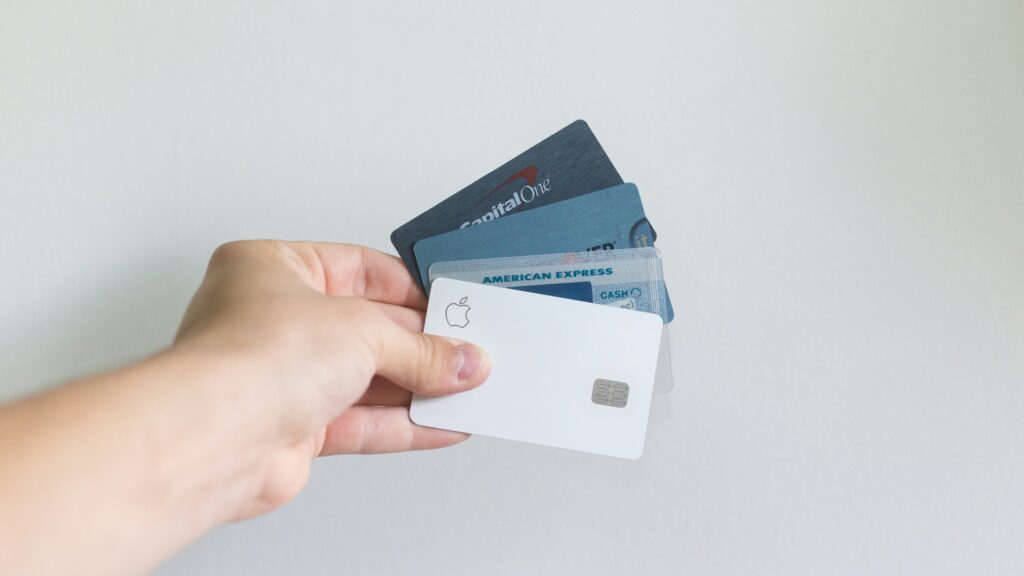Related Posts
A new ruling is shaking up the financial market. A Fort Worth judge has overruled a new Biden administration rule that would cap credit card late fees at $8. Former President Trump-appointed U.S. District Judge Mark T. Pittman claimed the new rule violates federal statutes.

The conservative Chamber of Commerce led several organizations that opposed the rule. After the legislation finalized in March, they sued the Consumer Financial Protection Bureau. It was due to go into effect on Tuesday. If it had not been blocked, credit card late fees would have been cut from an average of $32, saving consumers about $10 billion annually.
A preliminary injunction granted by Pittman delayed the law. It blocked the rule from going into effect until a hearing was held to review its implications.
Arguments for and Against the Credit Card Late Fees Cap
The judge’s ruling is gaining feedback from both sides. The CFPB continues to defend its stance.
“The credit card lobby’s lawsuit is an attempt to derail a rule that will save families $10 billion each year,” a CFPC spokesperson commented. They also said companies would “continue making tens of billions of dollars in profits by charging borrowers late fees far exceeding their actual costs.
“Consumers will shoulder $800 million in late fees every month that the rule is delayed. This money pads the profit margins of the largest credit card issuers. We will continue to defend this rule so that working families can stop paying excessive fees Congress banned more than a decade ago.”
Maria Monaghan, counsel for the U.S. Chamber of Commerce Litigation Center, commented on the ruling against the Biden administration. She called it “a major win for responsible consumers who pay their credit cards on time and businesses that want to provide affordable credit.” She said the block on the credit card late fees cap would “continue to hold the CFPB accountable in court.”
The advocacy program director for the non-profit Consumer Report, Check Bell, sides with the CFPB. “It is disappointing that the court has granted this last-ditch effort by the banks. Credit card companies have been bilking consumers out of billions of dollars in excessive later fees for far too long,” he said.
The new rule would apply to credit card issues with over 1 million accounts, which is over 95% of the country’s outstanding credit card debt. Consequently, this affects a larger portion of the population.
Reasons for the Credit Card Late Fee Cap

The Biden administration proposed the credit card late fees cap to ease many Americans’ financial burdens. Due to increased inflation, several borrowers have fallen behind on their credit card bills. The nation’s millennials especially feel the pain of rising prices.
A September 2023 national Consumer Reports survey revealed that one in five Americans had to pay a late fee for a credit card in the previous year. 82% said they supported the credit card late fees cap.
Biden’s rule would also address a loophole many large credit card companies have exploited since 2010. Several companies have been charging punitive damages on top of late fees, leading to additional interest and poor credit. The average late fee has been rising over the years, going from $23 at the end of 2010 to $23 at the end of $32.
If Biden’s law had gone into effect, it would have lowered credit card late fees to $8 to cover collection costs. It would also monitor market conditions and adjust the late fee to meet immunity thresholds. It would allow credit card issues to charge higher fees if they could prove they were needed to cover collection costs.

